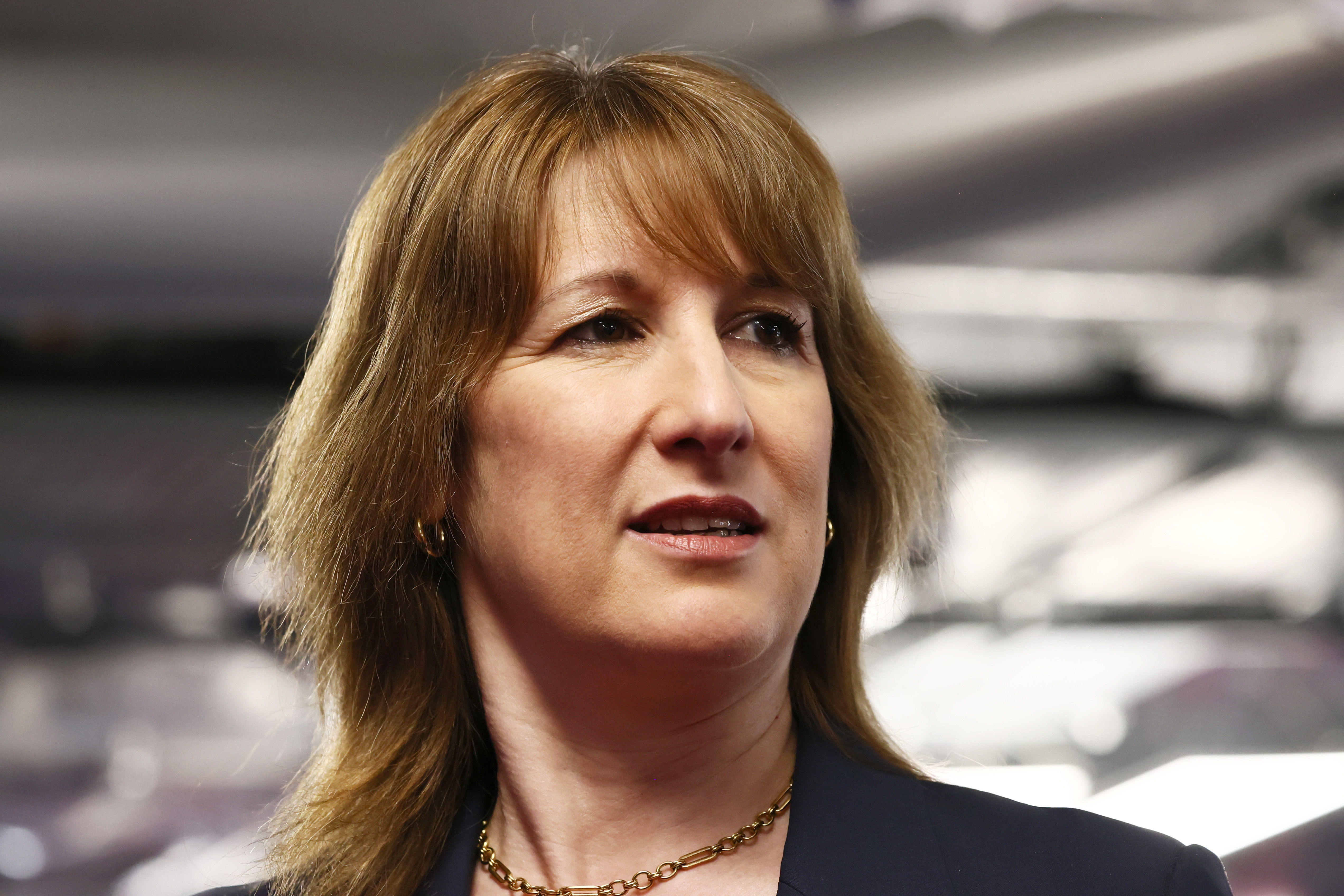Why student loans are a debt few need ever repay
Covering the cost of your child’s university tuition makes little sense. set them up in a home instead.

Get the latest financial news, insights and expert analysis from our award-winning MoneyWeek team, to help you understand what really matters when it comes to your finances.
You are now subscribed
Your newsletter sign-up was successful
Want to add more newsletters?
Record numbers of students are expected to head to university this year. Universities expect a drop in demand from overseas students owing to the pandemic, so they will be desperate to fill the empty places with British school leavers. But with higher education now costing around £55,000, is it worth it? And what’s the best way to pay for it?
Research by the Department of Education has found that the average graduate earns £9,000 a year more than a non-graduate. The Institute for Fiscal Studies (IFS) believes that over his working life a man “would be £130,000 better off on average by going to university after taxes, student loan repayments and foregone earnings are taken into account”, says Sam Benstead in The Daily Telegraph. Female graduates are estimated to be £100,000 better off.
Just be sure to choose the right course. The IFS research found that a degree in languages or creative arts had no financial benefit after graduates paid their debts, but a degree in law, economics or medicine can bring in over £250,000 over a lifetime. As for footing the bill, a student loan can cover the tuition fees, while a maintenance loan of up to £12,010 a year can help with living costs. The maintenance loan is means-tested, with the amount available reduced on a sliding scale for households (parents in most cases) earning more than £25,000 a year.
Try 6 free issues of MoneyWeek today
Get unparalleled financial insight, analysis and expert opinion you can profit from.

Sign up to Money Morning
Don't miss the latest investment and personal finances news, market analysis, plus money-saving tips with our free twice-daily newsletter
Don't miss the latest investment and personal finances news, market analysis, plus money-saving tips with our free twice-daily newsletter
These loans carry interest rates of RPI (the Retail Price Index gauge of inflation) plus 3%, which is applied from when your first loan starts. Repayments don’t begin until the April after graduation and are set at 9% of income. But graduates don’t have to start repaying their loans until they earn at least £26,575, and any debt remaining after 30 years is written off. There are also grants and bursaries available, so make sure you check with the university to see what your child might be eligible for.
Subsidise their mortgage instead
It can be tempting for parents who can afford it to pay those costs to prevent their children getting into debt. But you may find there are more effective ways to bolster your children’s finances.
Many students never pay their debt back and those who do make repayments rarely pay off the full amount: research by the House of Commons found that just 30% of graduates do so. “The price tag of university is mostly irrelevant,” says Martin Lewis in The Daily Telegraph. “What matters in practical terms is how much you have to repay – and that’s a completely separate number from the total amount of tuition fees, maintenance loan and interest.” Lewis has calculated that even someone with a starting salary of £50,000 would not pay back their full loan.
Remember too that a student loan can be paid off in full at any time, so don’t be tempted to pay it too fast. “Waiting will allow you to see if your child wants to go on to further study,” says Charles Calkin in the Financial Times. “If they do a master’s degree the likelihood of their paying off the debt becomes even more remote.”
Calkin gives the example of giving a graduate the money for a house instead. His calculations found that a £50,000 reduction on the average mortgage would save £204 a month. A graduate would have to be earning more than £53,885 a year before their monthly student loan repayments hit £204.
Get the latest financial news, insights and expert analysis from our award-winning MoneyWeek team, to help you understand what really matters when it comes to your finances.

Ruth Jackson-Kirby is a freelance personal finance journalist with 17 years’ experience, writing about everything from savings accounts and credit cards to pensions, property and pet insurance.
-
 Financial education: how to teach children about money
Financial education: how to teach children about moneyFinancial education was added to the national curriculum more than a decade ago, but it doesn’t seem to have done much good. It’s time to take back control
-
 Investing in Taiwan: profit from the rise of Asia’s Silicon Valley
Investing in Taiwan: profit from the rise of Asia’s Silicon ValleyTaiwan has become a technology manufacturing powerhouse. Smart investors should buy in now, says Matthew Partridge
-
 Financial education: how to teach your children about money
Financial education: how to teach your children about moneyFinancial education was added to the national curriculum more than a decade ago, but it doesn’t seem to have done much good. It’s time to take back control
-
 Tax receipts: Rachel Reeves 'should hand back the cash' from bumper haul
Tax receipts: Rachel Reeves 'should hand back the cash' from bumper haulOpinion Chancellor Rachel Reeves is cheering higher-than-expected tax receipts. But where has the money come from?
-
 Why annuities are back in fashion for retirees
Why annuities are back in fashion for retireesThe appeal of annuities has been boosted by higher interest rates. So should you buy an annuity with part of your pension savings?
-
 Default pension funds: what’s in your workplace pension?
Default pension funds: what’s in your workplace pension?Default pension funds will often not be the best option for young savers or experienced investors
-
 Plan 2 student loans: a tax on aspiration?
Plan 2 student loans: a tax on aspiration?The Plan 2 student loan system is not only unfair, but introduces perverse incentives that act as a brake on growth and productivity. Change is overdue, says Simon Wilson
-
 Why it might be time to switch your pension strategy
Why it might be time to switch your pension strategyYour pension strategy may need tweaking – with many pension experts now arguing that 75 should be the pivotal age in your retirement planning.
-
 Rachel Reeves is rediscovering the Laffer curve
Rachel Reeves is rediscovering the Laffer curveOpinion If you keep raising taxes, at some point, you start to bring in less revenue. Rachel Reeves has shown the way, says Matthew Lynn
-
 ISA reforms will destroy the last relic of the Thatcher era
ISA reforms will destroy the last relic of the Thatcher eraOpinion With the ISA under attack, the Labour government has now started to destroy the last relic of the Thatcher era, returning the economy to the dysfunctional 1970s